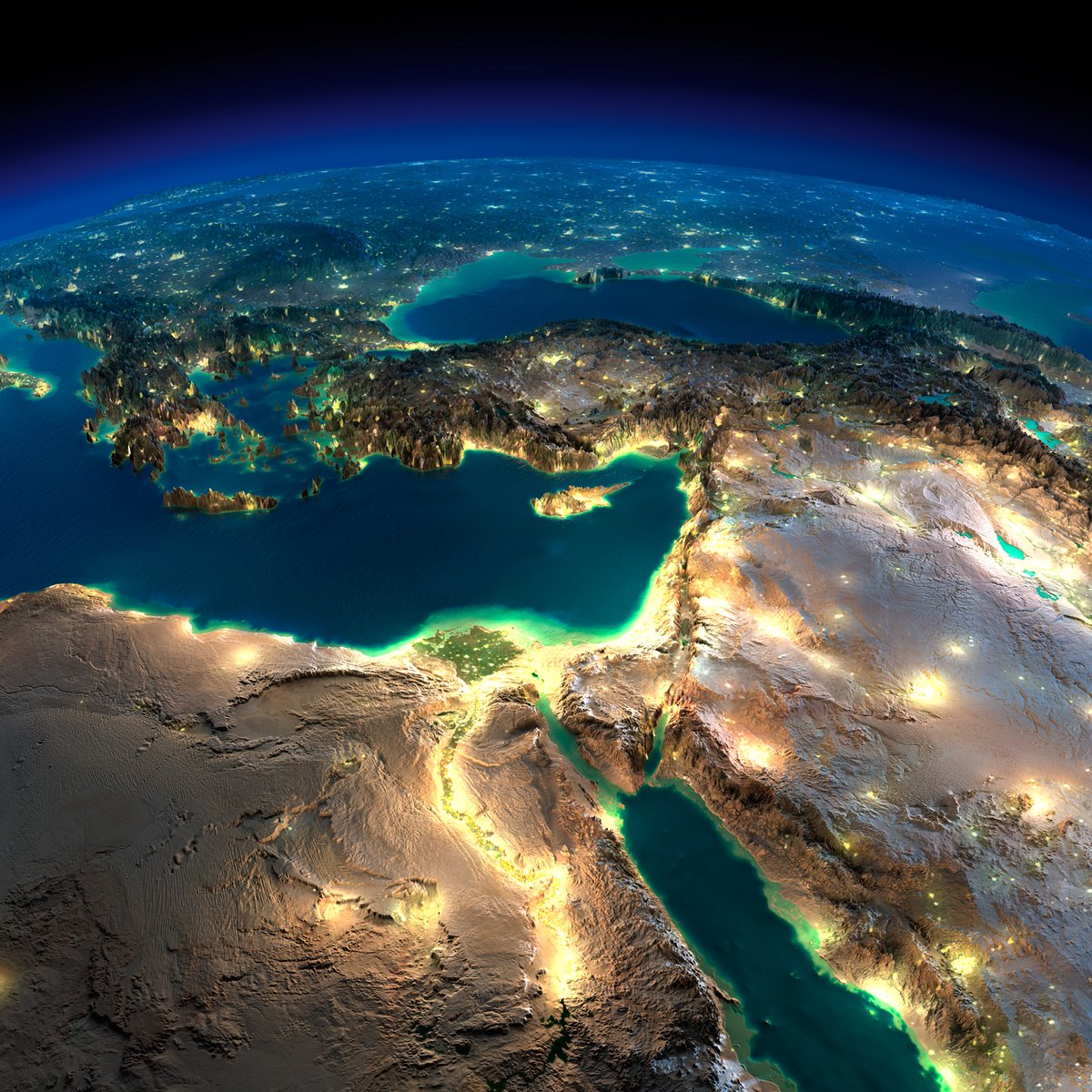Read this week's C&C called "A Palace in Flames": 🇬🇧 bit.ly/34IwSDj / 🇮🇱 bit.ly/34HzykG / 🇪🇸 bit.ly/2qqWy8x / 🇫🇷 bit.ly/2NqTAtK. Family Edition: bit.ly/2JZ4PYi. Listen: spoti.fi/33Npq9s. #LechLecha #ShabbatShalom. 

THREAD -> #Evil exists because #God gave humans the gift of #freedom. Without freedom, we would not disobey God’s laws. But at the same time, we would be no more than robots, programmed to do whatever our Creator designed us to do.
Freedom and its misuse are the theme of Adam and Eve, Cain and Abel, and the generation of the Flood. Why did God not intervene? Why did He not stop the first humans eating the forbidden fruit, or prevent Cain from killing Abel?
Why did the owner of the palace not put out the flames? Because, by giving us freedom, He bound Himself from intervening in the human situation. If He stopped us every time we were about to do wrong, we would have no freedom.
We would never mature, never learn from our errors, never become God’s image. We exist as free agents only because of God’s tzimtzum, His self-limitation. That is why, within the terms with which He created humankind, He cannot put out the flames of human evil.
He needs our help. That is why He chose #Abraham. Abraham was the first person in recorded history to protest the injustice of the world in the name of God, rather than accept it in the name of God.
Abraham was the man who said: “Shall the Judge of all the earth not do justly?” Where Noah accepted, Abraham did not.
Abraham is the man of whom God said, “I have chosen him, so that he will direct his children and his household after him to keep the way of the Lord by doing what is right and just.”
Abraham was the father of a nation, a faith, a civilisation, marked throughout the ages by what Albert Einstein called “an almost fanatical love of justice.”
I believe that Abraham is the father of faith, not as acceptance but as protest – protest at the flames that threaten the palace, the evil that threatens God’s gracious world.
We fight those flames by acts of #justice and #compassion that deny evil its victory and bring the #world that is a little closer to the world that ought to be.
• • •
Missing some Tweet in this thread? You can try to
force a refresh









